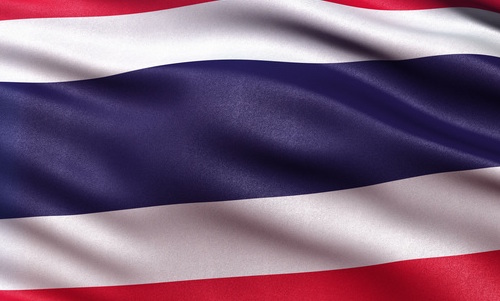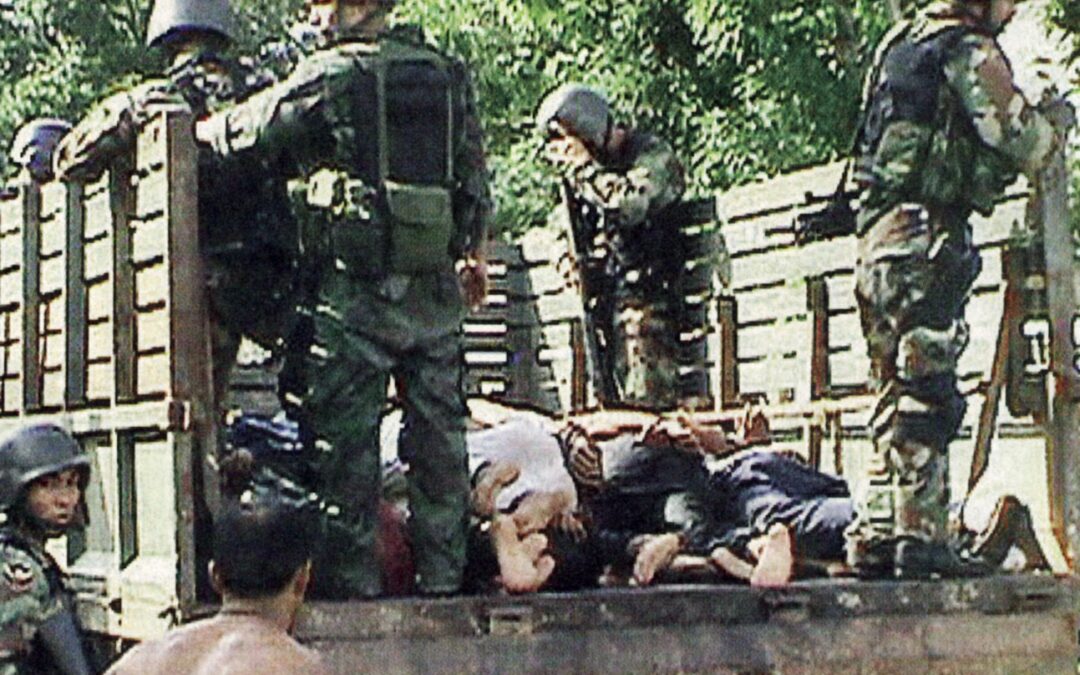


Thailand: Two years into the adoption of the Anti-Torture and Enforced Disappearance Act, justice for victims and survivors remains unattainable
As Thailand marks the second anniversary of the adoption of the landmark Prevention and Suppression of Torture and Enforced Disappearance Act (the Act) on 22 February 2025, the International Commission of Jurists (ICJ) calls on the Thai authorities to take immediate...
Myanmar: Four years after the military coup, widespread atrocities persist without accountability
As Myanmar enters the fourth year under military rule following the coup d’état on February 1, 2021, widespread and systematic atrocity crimes continue to be perpetrated by the military junta and armed groups across Myanmar with near total impunity, the International...
Lesotho: ICJ makes a submission to the Universal Periodic Review
On 11 October 2024, the International Commission of Jurists (ICJ) made a submission to the UN Human Rights Council’s Working Group on the Universal Periodic Review (UPR) in advance of its consideration of Lesotho’s human rights record during the 49th session of the UPR in April and May 2025.





